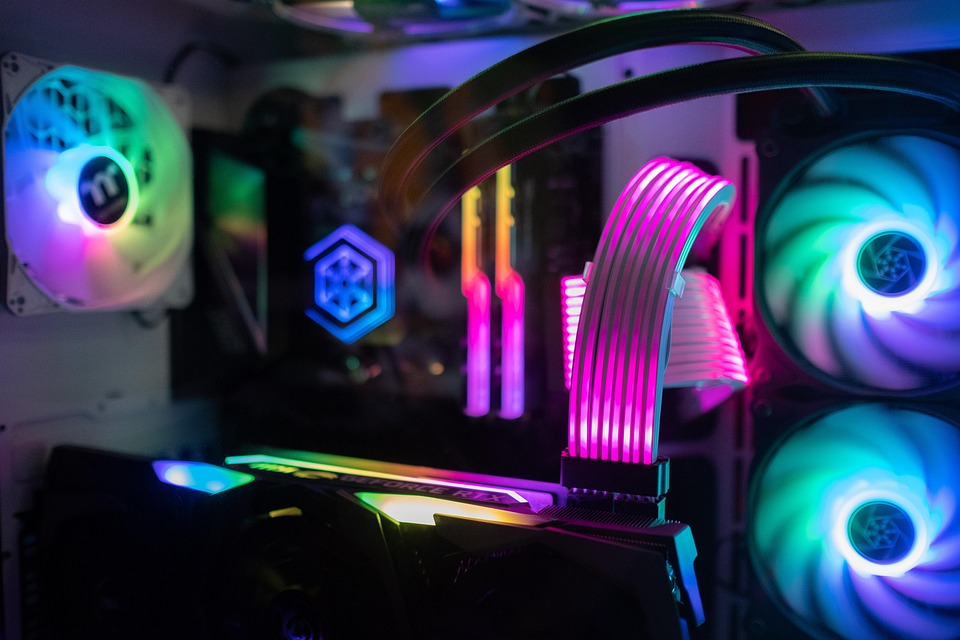In the rapidly evolving world of esports, competitive gaming has transcended mere entertainment and become a thriving industry. With millions of players striving to become the best, the path to success requires more than just raw talent; it demands strategic planning, disciplined practice, and a growth mindset. Whether you’re an aspiring esports athlete or a casual player looking to enhance your gaming skills, here are some effective strategies to level up your game.
1. Understanding Game Mechanics
Master the Basics
Every competitive game has its own set of mechanics, rules, and strategies. Spend time thoroughly understanding these fundamentals. This includes character abilities, map layouts, and game objectives. Knowledge is power.
Advanced Techniques
Once you’ve mastered the basics, delve into advanced techniques specific to your game. This might involve learning combos, optimizing builds, or employing specific tactics that can give you a competitive edge.
2. Consistent Practice
Set a Schedule
Consistency is key in improving any skill, and gaming is no exception. Set aside time for both focused practice and casual play. Ensure these sessions are free from distractions to maximize your improvement.
Deliberate Practice
Instead of mindlessly grinding games, focus on deliberate practice. Identify weaknesses in your gameplay and target those areas. Use drills or custom games to practice specific skills, such as aiming or positioning.
3. Analyzing Gameplay
Record and Review
Recording your gameplay sessions allows you to review and analyze your performance. Look for mistakes, decision-making errors, and missed opportunities. Understanding what went wrong—and how to fix it—is crucial for development.
Learn from the Best
Watch replays or streams of professional players. Observe their decision-making, movement, and strategies. Many top players share their insights through tutorials or guide videos—leverage this resource for your improvement.
4. Communication and Teamwork
Build Good Relationships
In team-based games, effective communication can make or break your chances of success. Work on your teamwork skills by developing good relationships with your teammates. Build trust and understanding to facilitate better communication, leading to improved synergy during matches.
Use Tools
Familiarize yourself with communication tools and strategies relevant to your game. Voice chat or text chat can be utilized for effective callouts—knowing when and how to communicate is essential for coordinating attacks and defenses.
5. Mental Resilience
Stay Positive
Competitive gaming can be mentally taxing, especially during a losing streak. Cultivating a positive mindset helps in dealing with setbacks and maintaining focus. Practice self-reinforcement and remind yourself of your improvement journey.
Develop Stress Management Techniques
High-pressure situations can lead to anxiety. Develop techniques to manage stress, such as breathing exercises or mindfulness practices. These can help you maintain calm and composure during crucial moments in matches.
6. Physical Well-being
Maintain Your Health
Physical health plays a significant role in cognitive performance. Ensure you’re eating well, staying hydrated, and getting enough sleep. Regular physical activity can also boost your reaction time and overall mental clarity.
Ergonomic Setup
Invest in a comfortable gaming setup. This includes a suitable chair, desk height, and monitor placement. An ergonomic setup reduces physical strain, allowing you to focus better during extended gaming sessions.
7. Continuous Learning and Adaptation
Stay Updated
The gaming landscape is constantly changing with new patches, updates, and meta shifts. Stay informed about changes in your game’s ecosystem, including balance adjustments and emerging strategies.
Embrace Feedback
Solicit feedback from peers or coaches. Constructive criticism can provide valuable insights into areas where you can improve. Be open to change and willing to adapt your strategies and gameplay accordingly.
Conclusion
Success in competitive gaming is a multifaceted endeavor that requires dedication, strategic thinking, and a relentless pursuit of improvement. By mastering game mechanics, practicing consistently, analyzing gameplay, fostering teamwork, maintaining mental resilience, looking after your physical health, and remaining open to continuous learning, you can level up your skills and compete at higher levels. Remember, every champion was once a beginner—with the right strategies and mindset, you too can make your mark in the world of competitive gaming. Happy gaming!



